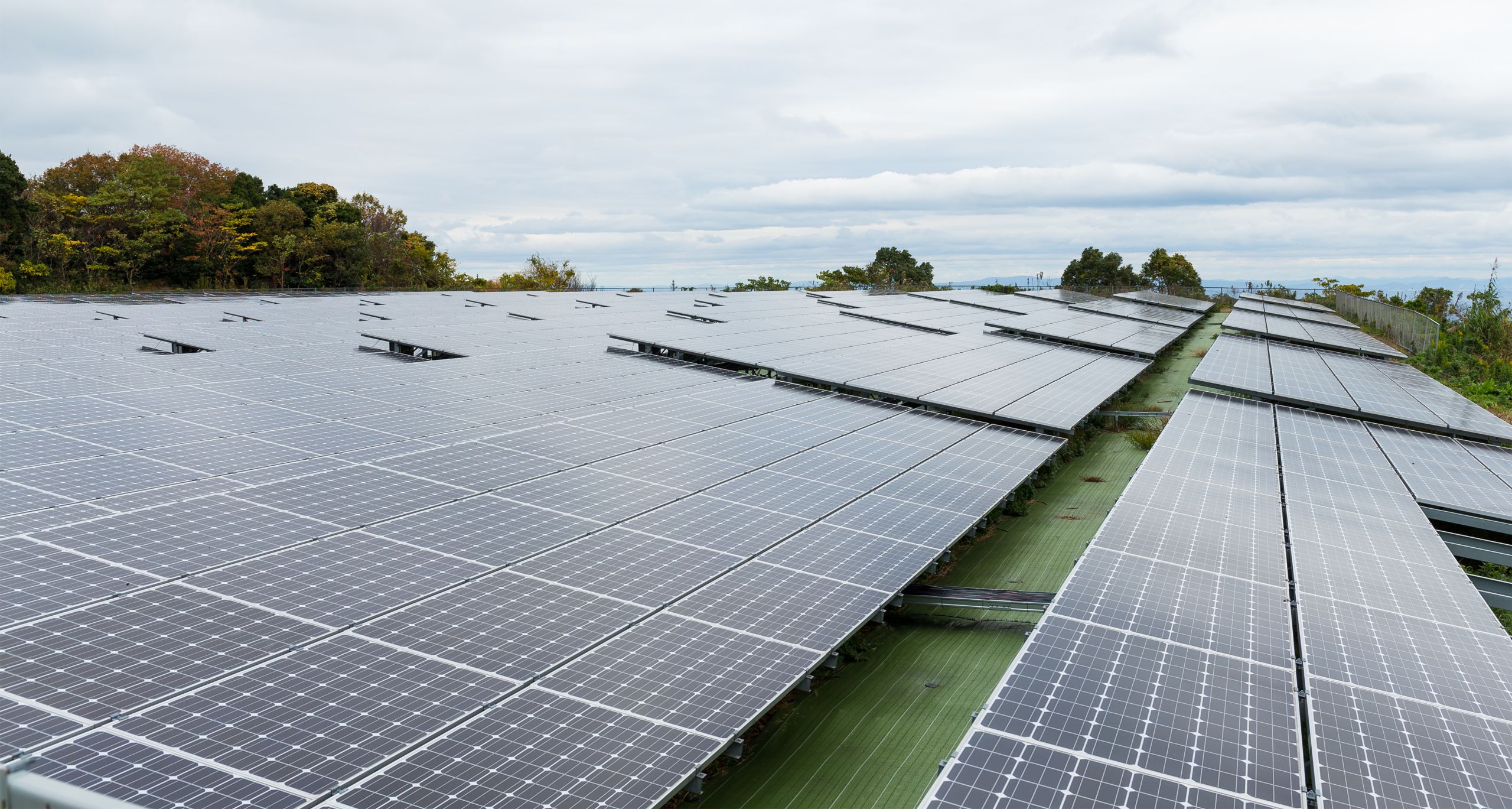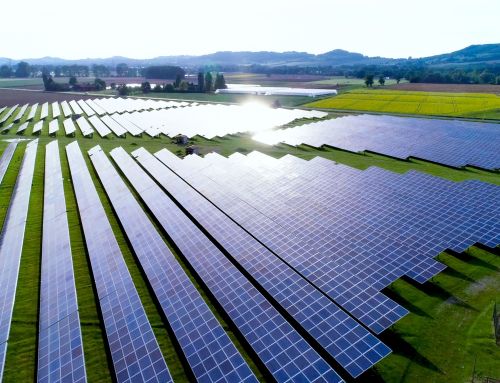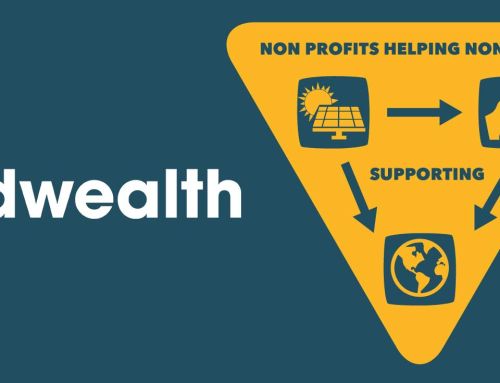The State of Rhode Island is leading the way towards a greener future by expanding the current renewable energy program to new commercial and industrial customers. This move, primarily focusing on distributed generation projects, has serious implications for businesses and nonprofits. In this article, we explore the critical aspects of this initiative, its potential benefits, and its transformative impact on various sectors in Rhode Island.
Implications for Nonprofits & Municipalities and Local Businesses
While the new regulations present certain challenges, they also open up opportunities for nonprofits, municipalities, and local businesses to adopt more sustainable practices, educate their communities about renewable energy, and potentially lower their energy costs. The key lies in understanding this new landscape and adapting strategies accordingly.
For Nonprofits & Municipalities
While the new regulations could bring about certain challenges, they also offer opportunities for nonprofits and municipalities to adopt more sustainable practices, educate their communities about renewable energy, and potentially offset their energy costs. As with any change in policy, the key lies in understanding the new landscape and adapting strategies accordingly. Here’s what to expect:
Potential Shift in Discounted Rates: Currently, nonprofits often benefit from discounted rates for electricity. As these new regulations stimulate growth in the renewable energy sector, competition in the energy market may intensify. This could lead suppliers to reassess and potentially decrease these discounted rates to remain financially viable. For example, a nonprofit that was previously paying 10 cents per kilowatt-hour might now be charged 12 cents. This means that their overall energy costs could increase, affecting their budget allocations and impacting financial strategies.
Opportunities for Renewable Energy Initiatives: The new regulations incentivize renewable energy production, which nonprofits and municipalities could leverage for their benefit. For instance, a nonprofit organization could decide to install solar panels on its office building or a municipality could invest in a local wind energy project. The energy produced could offset their electricity costs and reduce their environmental footprint. Moreover, such initiatives often align well with their broader missions around community service and environmental stewardship.
Increased Administrative Tasks: The new laws mandate regular reporting and forecasting on payments, costs, and recoveries associated with the program. Nonprofits and municipalities participating in the program will need to ensure that they can meet these requirements. This might mean additional administrative tasks, for example, keeping detailed records of energy consumption and costs, preparing regular reports, and staying updated with the latest regulatory changes.
Greater Community Engagement: The rise in renewable energy projects could create opportunities for community engagement and education around sustainability. A municipality could, for example, partner with a local school to install a solar project on its rooftop, teaching students about renewable energy in the process. Nonprofits, particularly those focused on environmental causes, could leverage these initiatives to educate their constituents and the public about the importance of renewable energy and sustainability.
For Local Businesses
New regulations could present new challenges but they also offer local businesses an array of opportunities. By understanding the changing landscape and adapting accordingly, businesses can not only manage potential impacts but also leverage renewable energy for their benefit.
Access to Virtual Net Metering: With these new laws, local businesses in Rhode Island can now have expanded access to virtual net metering. For example, a restaurant in Providence that doesn’t have sufficient space for a solar installation can now invest in a solar farm located in a different part of the state. The energy produced by their share of the solar farm is deducted from their electricity bill, potentially leading to significant cost savings.
Performance-Based Incentives: The new regulations introduce performance-based incentives for renewable energy projects. This could indirectly benefit local businesses. As the renewable energy sector grows, the supply of locally-produced, sustainable energy increases. This could mean greater price stability and lower costs in the long run. For instance, a manufacturing company in Warwick could benefit from lower energy costs due to an increased local supply of renewable energy.
New Tariffs and Rules: The creation of tariffs and changes to existing solicitation rules will likely impact the rates businesses pay for electricity. A retail store in Cranston will need to stay updated on these changes as they could affect their overall operational costs. For example, if tariffs for conventional energy sources increase, the store might find it more economical to invest in a renewable energy project or participate in virtual net metering.
Greater Energy Independence: With the expansion of distributed generation projects, local businesses have an opportunity to gain more control over their energy sources. A farm in South Kingstown, for example, could install a wind turbine or solar panels on its property. Not only could this offset their energy costs, but it would also increase energy security, insulating them from fluctuations in the broader energy market.
Sustainability and Reputation: Participating in renewable energy projects can enhance a business’s reputation as a responsible corporate citizen. A tourism agency in Newport, for instance, could use its investment in renewable energy to attract environmentally-conscious travelers.
How Gridwealth Can Help:
Gridwealth, with its broad range of comprehensive energy services, serves as a vital partner for nonprofits and businesses in Rhode Island as they navigate the new renewable energy landscape. Gridwealth can guide them in power procurement, consulting, and implementing commercial & industrial (C&I) scale solar and battery storage systems, reducing their greenhouse gas emissions and potentially their energy costs.
Contact Us to Learn More Today





